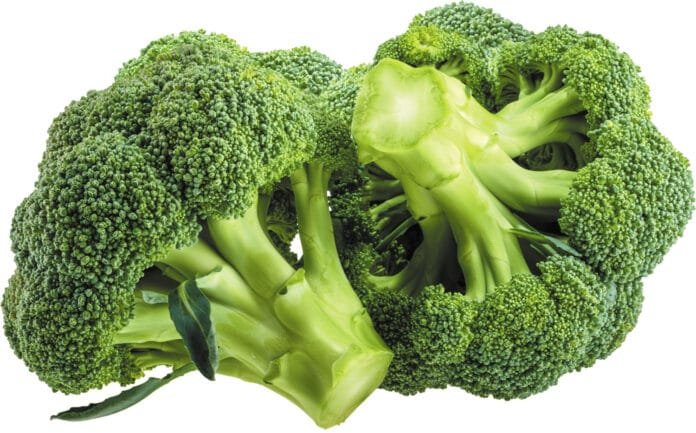Tragedy in Calabria Sparks Nationwide Recall
The death of Luigi Di Sarno, a 52-year-old musician who collapsed after eating a broccoli-and-sausage sandwich from a food truck in Calabria, has triggered a nationwide Italy broccoli recall and fresh questions about how supermarkets manage preserved-produce risks.
Outbreak Traced to Broccoli Preserved in Oil
Nine others, including two teenagers and several of Di Sarno’s relatives, remain hospitalised. Health authorities say the likely source was broccoli preserved in oil contaminated with Clostridium botulinum in a botulism outbreak. Prosecutors have seized the suspect product and the vendor’s truck while testing continues.
Retailers Face Supply Chain Exposure
For retailers, the case is a sharp reminder that the weakest link in a supply chain can undo years of food-safety investment. While the outbreak originated at a street vendor, products of the same type move through wholesale markets and distributors that also supply supermarkets. In a market that has already seen illnesses tied to guacamole at a Sardinian festival weeks earlier, regulators are likely to increase inspections of preserved vegetables, from fresh-pack jars to deli-counter tubs.
Prevention Over Cure in Supermarket Food Safety
Italy’s emergency response also exposes a gap that retailers should factor into crisis planning. Antitoxin supplies are managed centrally through the Pavia Poison Control Centre with distribution coordinated by national authorities; hospitals do not routinely stock vials, which are dispatched on request. By the time treatment arrives, patients may already face paralysis or respiratory failure. The implication for retailers is clear: prevention is the only viable defence in supermarket food safety.
Tightening Vendor Audits and Traceability
Risk-management experts say that starts with tightening vendor audits. Supermarkets sourcing preserved produce—whether from national processors or small regional suppliers—should require documented sterilisation protocols, temperature-controlled storage, and batch-level supply chain traceability. Shelf labels should include clear storage and consumption instructions to cut down on improper handling once products leave the store.
Long-Term Impact on Consumer Trust
In competitive grocery markets, recalls tied to deadly pathogens can have a chilling effect far beyond the implicated item. Industry veterans warn that consumer confidence is slow to recover, especially when contamination involves everyday produce. “The perception is, if it could happen there, it could happen anywhere,” said one senior food-safety consultant.
The recall in Italy may have started on a seaside promenade, but its message lands squarely in the supermarket boardroom: traceability, verified handling, and supplier accountability are not optional—they’re existential.



